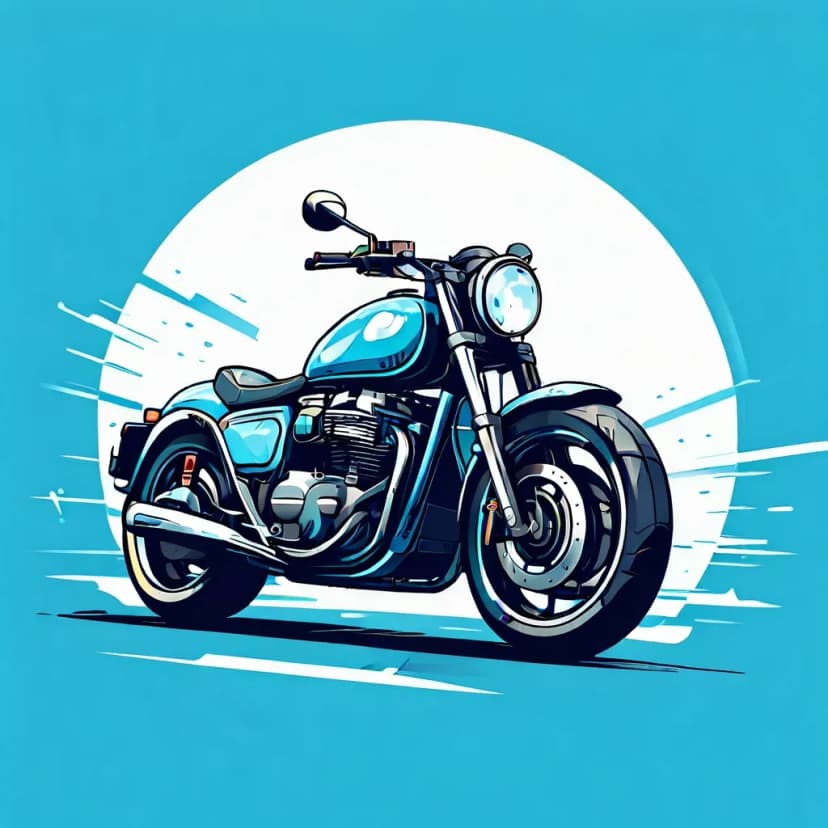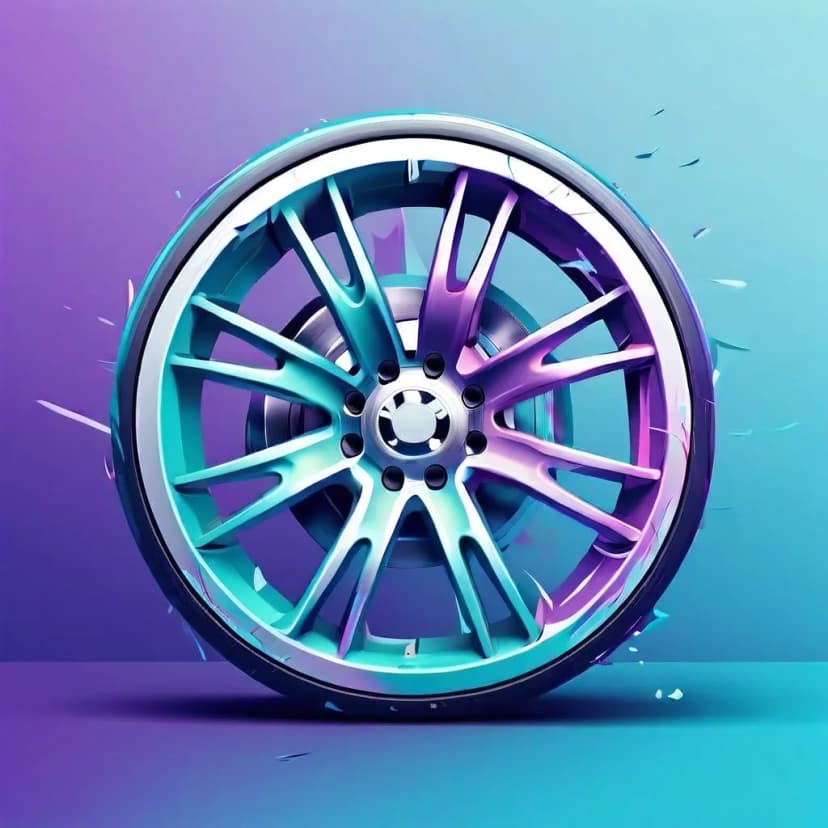Discover how modern vehicle technology is changing driving in the Netherlands and how it appears in the Dutch CBR theory exam. This category explains systems like ABS, ESC, adaptive cruise control, lane assist, parking sensors, electric powertrains, and advanced driver assistance features. You learn what these systems can and cannot do, so you avoid over relying on technology and stay in full control as a responsible driver.
Explore clear, practical, and exam focused articles that explain everything you need to know about Modern Car Technology & Innovation NL. Each guide helps you understand the rules, situations, and driving theory concepts tested in the Netherlands, giving you a strong foundation for confident Dutch driving theory preparation.

This article delves into the critical limitations of Traction Control Systems (TCS), explaining why they are not a foolproof safety net, particularly when navigating corners or encountering different road surfaces. It’s designed to help you identify and avoid common pitfalls and misunderstandings frequently tested in the Dutch CBR theory exam. Prepare to gain deeper insights into vehicle safety technology and its real-world constraints to enhance your driving competence.
Updated on Dec 26, 2025

Learn the theoretical underpinnings of Traction Control Systems (TCS) and their critical role in Dutch driving environments. This text-only explanation details how TCS uses sensors to detect and correct wheel slip, thereby improving acceleration stability and overall vehicle control. Understanding these systems is essential for safe driving behaviour and for demonstrating knowledge of modern vehicle safety technology during your Dutch theory exam.
Updated on Dec 26, 2025
Discover other categories connected to Modern Car Technology & Innovation NL. These sections help you explore additional topics, expand your understanding of driving theory in Dutch, and build a more complete picture of the rules and situations tested during the exam.
Find answers to common questions learners ask about Modern Car Technology & Innovation NL. This section helps clarify difficult concepts, highlight critical exam information, and support your preparation for the Dutch driving theory exam in the Netherlands.
For the Dutch CBR theory exam, focus on understanding systems like ABS (Anti-lock Braking System), ESP (Electronic Stability Program), adaptive cruise control, lane assist, and automatic emergency braking. Know their basic functions, how they help the driver, and their limitations.
EVs use electric motors powered by batteries, offering instant torque, regenerative braking, and often quieter operation. Understanding charging infrastructure in the Netherlands, battery technology, and different EV powertrains is key for the theory exam.
Driver assistance systems can significantly enhance safety by alerting drivers to hazards and intervening in critical situations. However, they are aids, not replacements for attentive driving. You must always remain in control and aware of your surroundings on Dutch roads.
Connected car services use internet connectivity to offer features like real-time traffic updates, remote diagnostics, and enhanced navigation. For Dutch drivers, they can improve journey planning and vehicle maintenance, but also raise privacy considerations.
Understanding vehicle technology helps you use modern safety features effectively and be aware of your car's capabilities and limitations, contributing to more confident and safer driving, which is assessed in the practical exam.